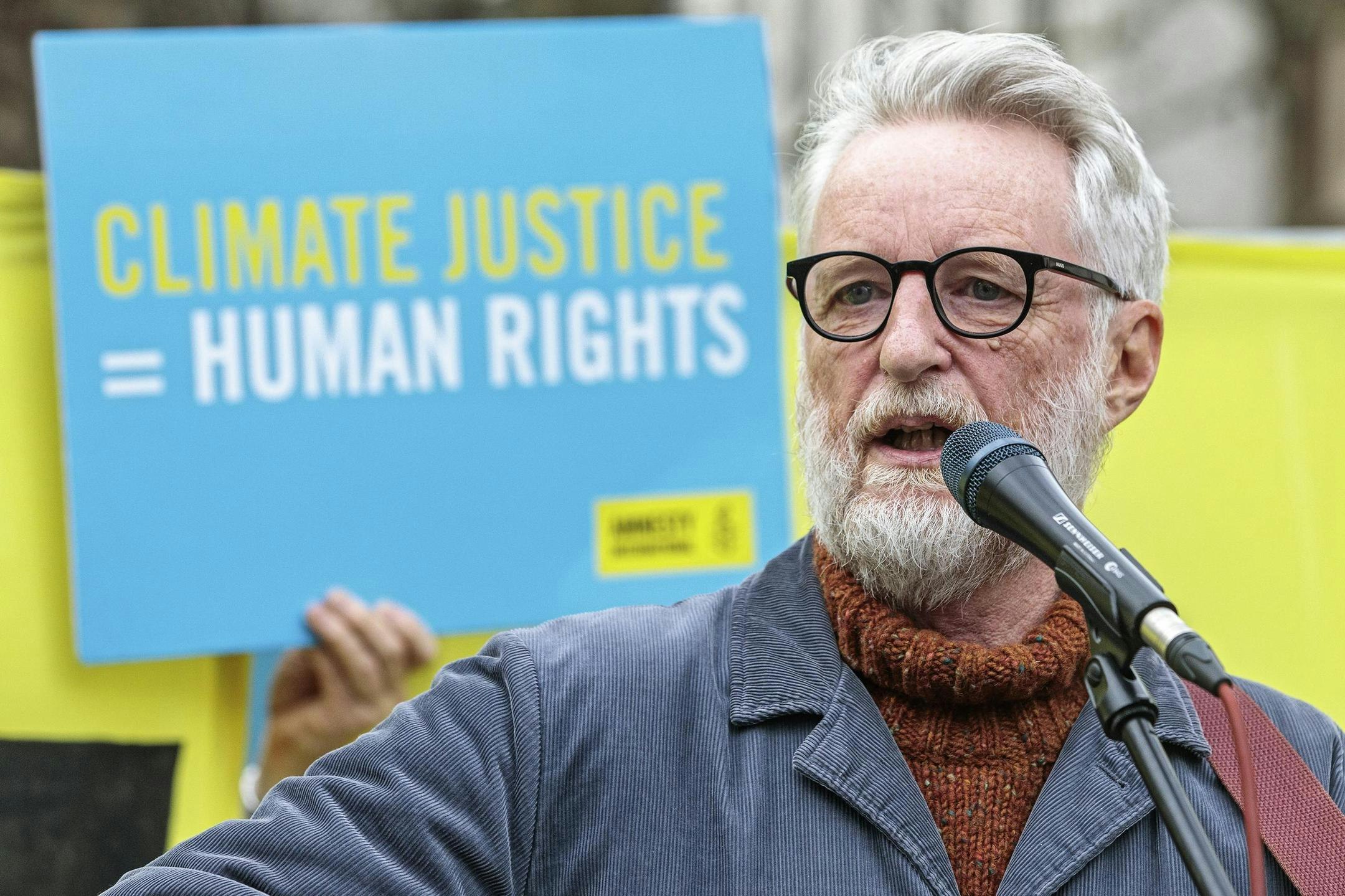This article is taken from the June 2025 issue of The Critic. To get the full magazine why not subscribe? Right now we’re offering five issues for just £25.
Cultural appropriation! As Bobby Darin didn’t quite sing, “That’s the name of the game”. You can’t put sugar in your coffee without incurring the wrath of some folk, and Radio 4 did its best not to let the side down when Artworks reheated the familiar dish known as Paul Simon’s “notorious” LP, Graceland.
“Paul Simon’s Political Storm”, the programme was dubbed, and the background tale is certainly interesting. In 1985, having taken a body blow with the commercial failure of his previous LP, Hearts and Bones, Simon took himself to Johannesburg, where he worked loosely with musicians he had admired from his home in Montauk, New York.
The result was Graceland, a record named after Elvis Presley’s Memphis mansion. It was a big hit, producing a handful of top ten smashes, as disc jockeys say, and Simon was back in the saddle.
He needed that hit because, mirabile dictu, the executives at Warner Brothers thought he was losing his touch. The man who had written some of the finest songs of the 20th century! As William Goldman said of kingmakers in Hollywood, nobody knows anything.
But Rhymin’ Simon had fallen foul of the anti-apartheid lobby, who denounced him for working in South Africa in defiance of a cultural boycott. Never mind that the musicians were delighted to work with Simon, who they welcomed as a comrade rather than an opportunist. He had to be spanked, and out came the cane.
The programme was presented by a South African lady too green to have experienced the stramash at first-hand, who was far too fond of herself. A producer with a more discriminating ear would have told Lynsey Chutel, “Take your nose away from the canvas, and you will see the picture more clearly.”

If there’s a show about cultural appropriation it’s 5/2 that Billy Bragg will pop up, and here he was, billed as strummer and “activist”. That’s the problem. He has spent so many years sharpening his pencil he has forgotten how to write a song.
Bragg isn’t a bad ’un, as the world goes. He declared himself to be a fan of Simon’s, but that didn’t stop him joining the gogglers at the barricades when Simon brought his band to the Albert Hall on a victory lap of the globe.
Millions bought Graceland (16 million, apparently), but the endorsement of those happy clappers couldn’t prevent the zealots marching down from Mount Athos. “Solidarity” was the thing.
Simon, said one talking head, lived on Long Island, which was full of white people. Another referred to “stealing”, and Dali Tambo, son of Oliver, thought Simon was extracting riches from “a musical mine … no different to diamonds and gold”. He was right, after a fashion. Simon, as one of those hit singles went, wore diamonds on the soles of his shoes.
“Exploitation” of black music, Bragg called it. Yet those musicians, encouraged by Simon’s patronage, and his insistence that every performance was “our show”, in the first-person plural, didn’t feel exploited. Rather, they felt honoured, as their involvement with the New Yorker brought money and recognition.
In any case, what is cultural appropriation? Porgy and Bess, widely held to be a symbol of black American life in South Carolina, was the work of three white men. DuBose Heyward wrote the book. George and Ira Gershwin created the opera.
West Side Story offers another example. A show about Latino and Italian gangs in Manhattan, with a boy meets girl story, was put together by four Jewish homosexuals: Leonard Bernstein, Stephen Sondheim, Arthur Laurents and Jerome Robbins. It was based on a play written in 1597 by an Englishman who borrowed Italian sources from the previous century. “If you’re going to steal,” Bernstein said, “steal classy.”
Bluegrass and country music were the offshoot of folk music carried to America by British settlers. The French colonised Louisiana, where the blacks got hold of instruments their masters played and turned them to another use.
You can trace Sidney Bechet and Louis Armstrong back to the sarabandes of the French court if you want. Blues, too. As for the British pop explosion of the Sixties, those chaps stole like magpies. As in all things, way leads on to way.
Miss Chutel, summing up, thought the discussion allowed her “to give him some grace”. That’s jolly decent, though it’s not clear Simon needs her blessing. No one sound of mind ever thought he was a supporter of apartheid. It could be argued he set down 16 million bricks that led to its overthrow.
The thing is, Graceland the stonking success isn’t as good as Hearts and Bones, whose failure rattled the execs so. That collection gave us “Train in the Distance” and (takes deep breath) “René and Georgette Magritte with their Dog after the War”, and both are better songs than anything Simon wrote on Graceland. “The Penguins, the Moonglows, the Orioles … ”
There’s a lively programme to be made about this so-called flop.












